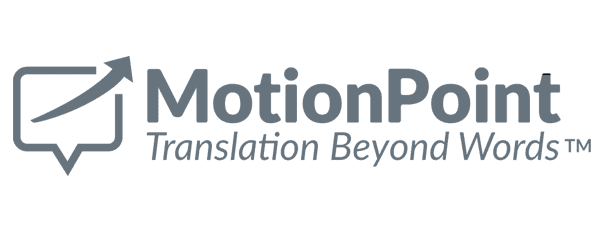




Translating your website isn’t just important for educating and selling to new international customers. It’s also critical for attracting local partners, local talent, and local distributors.
Just like your customers, local distributors and other partners can’t do business with you if they can’t find you online. This is especially critical in markets where your brand isn’t a familiar name—yet.
Local distributors aren’t often searching their local search engines in English. They’re conducting searches in their preferred languages. If your website isn’t serving audiences in those languages, it won’t appear prominently in search results. Your global business might as well be invisible.
With a translated website, however, you’ll benefit from in-language keywords and other SEO-rich content that search engines can detect. These benefits quickly add up, and your site will be increasingly easier to find. This gives you a serious advantage over competitors that don’t have a multilingual web presence, and a leg up in forging relationship with local partners.
If your website isn’t serving audiences in their preferred languages, it might as well be invisible.
When you translate your website for a global market, you’re demonstrating a commitment to its residents. That’s a big deal, and makes a meaningful impact on business. Distributors have more trust in companies that authentically speak their language.
For a distributor or other local partner to stand by what your brand provides, it’s important to clearly articulate what your brand does. Translated websites are rich with this information, such as product and service lineups, catalogs, local sales phone numbers, supporting documents and more. Readily providing buyers and distributors this content lends credibility to your brand.
This credibility results in increasing conversions from customers, and more business with local distributors and partners.
Distributors have more trust in companies that authentically speak their language.
The educational resources your website provides may be important for direct sales, but they’re especially critical for supporting local sales teams. This translated content empowers local reps to speak intelligently about your company’s offerings, align their communications with brand messaging, and provide distributors with supporting documentation on-demand.
And speaking of distributors: They also value translated content, which they can share with buyers and reuse on their own websites. This ensures brand consistency among your network of distributors and partners, and increases your brand’s reach across the market—effectively limiting the reach of your competitors.
Competing in local markets often involves competing for local resources, too. When hiring local talent, it’s important for them to find you, learn about your company, and learn about the potential role they can fill. Providing them this information in their language shows that you value them, and their contribution to your business.
Make sure your website’s Careers section is not only translated but localized too, so job seekers know what positions are open in their region and how they can apply. Local recruiters can also reuse translated job postings to help you fill open jobs faster.
Localize your website to attract local talent, and educate them about your company.
Growing your business in a new global market and building up a customer base usually requires local help. Your brand needs the support of regional talent, partners and distributors, all of whom should easily find your website, educate themselves about your company, and inform buyers about your products or services.
Translating your website for these constituents ultimately serves your customers too, through the support and education they receive online, or though the support of local allies that interact with them throughout the sales process.